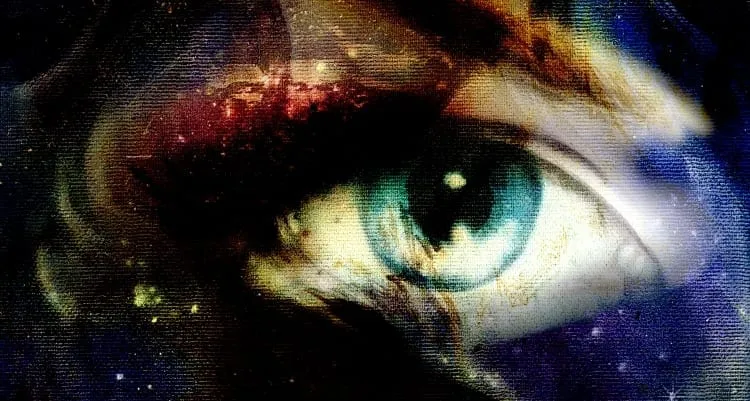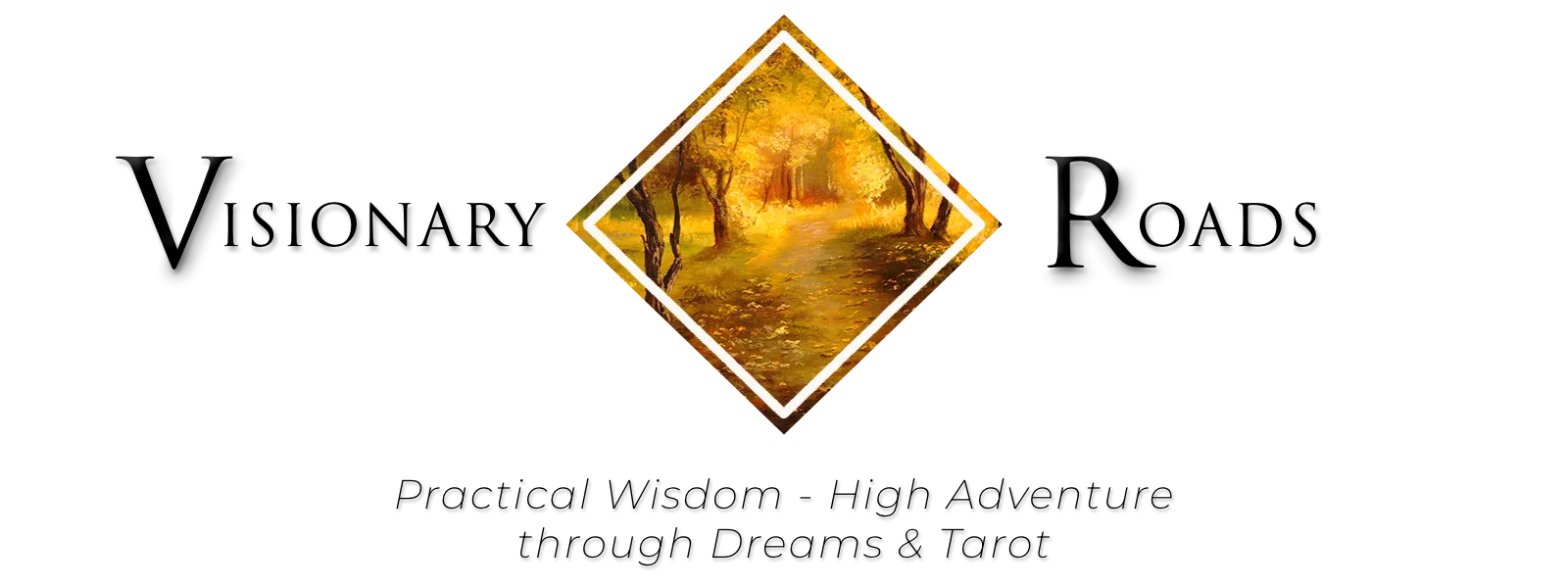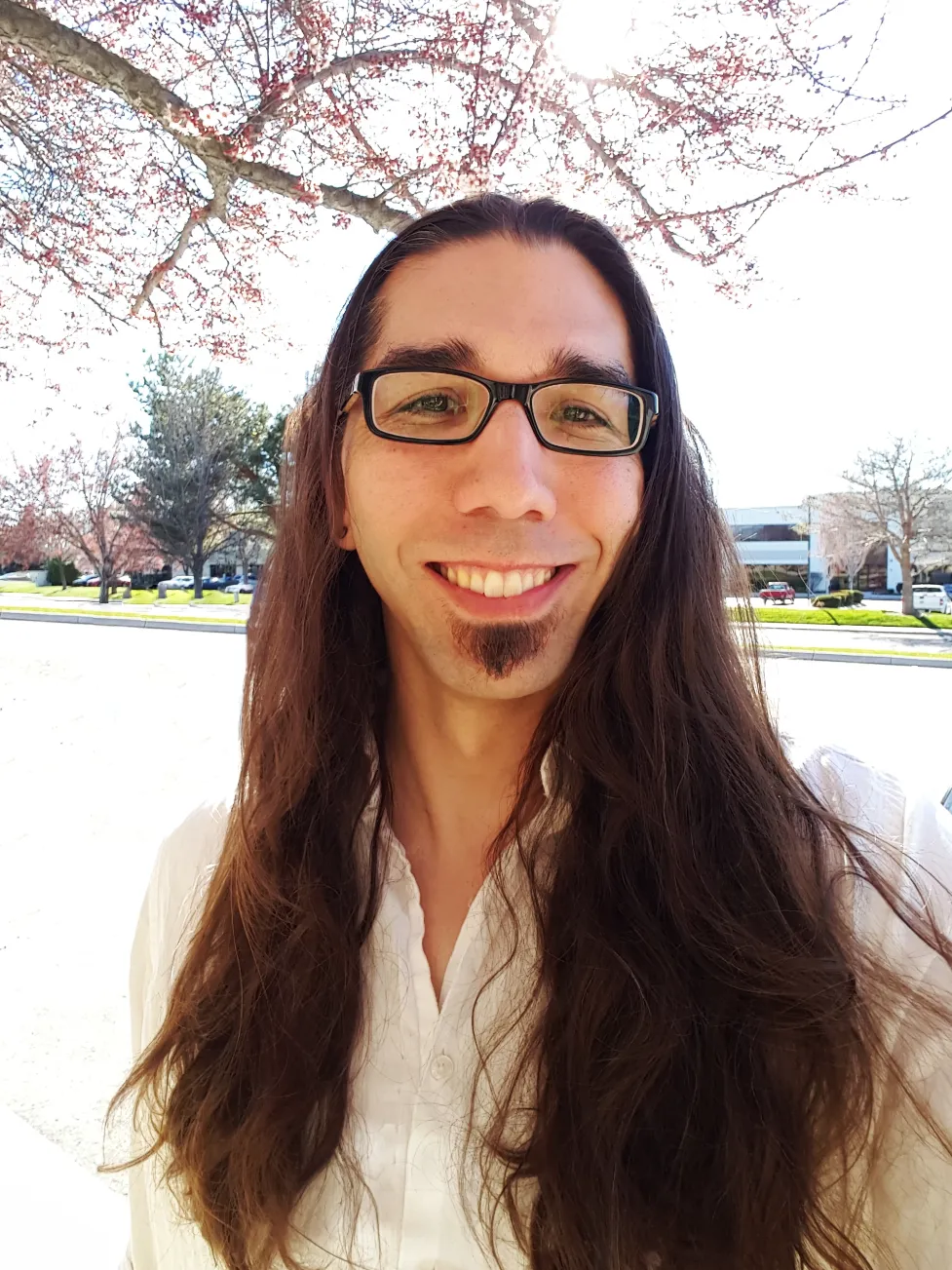The Essential Paradox

This is a portion of an unpublished body of work written between 2008 - 2010 tentatively titled Patterns and Paradox.
This particular section introduces “the essential paradox”, the core reference point for the remainder of the work. The initial event described here was in 1996 or 1997, more than a decade before the writing of the event and at least two decades before this publishing. The essential paradox would eventually unfold into the Iris framework, a metalinguistic tool for navigating identity in a broad philosophical sense (i.e., what makes a something that thing) at very basic (read: highly abstract) level.
Part of the postmodern approach is to situate knowledge in the context of history. More broadly, there is an epistemological approach that sees knowledge as the construction of narratives at all scales, from the weaving of a personal identity to the movement of civilizations. While I had been trained to take this postmodern perspective in approaching both academic studies and life in general, I can’t say that I received my training directly from the reading of figures like Foucault, Derrida, Heidegger, or Nietzsche. My training was more of an entrainment through exposure to an atmosphere saturated with postmodern thought. The academic generation that came before me had honed their view of the world and I adjusted to its character while engaged in formal education. I “picked it up” so to speak, because nearly everyone was doing it.
It is in the emphasis on narrative that a postmodern approach has its strength. Narrative construction has a sort of intuitive validation and ease of application when one considers nearly every person of every culture tells stories, and these stories give insight into the worlds in which that person is embedded. I say “worlds” in the plural because this, too, is an aspect of the postmodern approach—it recognizes a plurality to reality; indeed, the postmodern approach may hesitate to even use the word “reality” for it connotes a single, overall principle. It is in the ignorance or outright rejection of a single world order (or even single world) that begins to expose the downside of postmodernism.
From my experience in applying a postmodern approach, I see two variations that both lead to an enormous problem for human beings. When the only ordering principle of a framework of thought recognizes that every ordering principle is constructed in a particular time and place, and when that principle attempts to account for itself, it becomes an isolated view among innumerable others. That is, by its own nature postmodernism minimizes its own meaning by saying, “I’m just one way of doing it.” With the pluralistic postmodern view, the best that one can do in terms of securing meaning is to collect and examine various narrative expressions apart from any secure concept of “self”, “person”, or “world” as each of these is seen as a narrative construction. There is no ground, no point of reference for something to have meaning. It is no wonder there is both a sense of freedom and hopelessness in postmodern perspectives, perhaps best summed up in Nietszche’s famous quote, “God is dead.” The other postmodern flavor is even more extreme—it goes about “deconstructing” various narratives until there is no meaning left in anything, a nihilistic extinction of everything.
It is precisely the search for meaning in a postmodern atmosphere that sets the backdrop for this story, itself a narrative construction. Not only was I searching for meaning, I was searching for a particular meaning. It was my sophomore year at a private liberal arts school where I completed my BA. I was rooming with a nearly non-existent roommate. I was still undeclared, yet had spent the majority of my freshman year prepping for a chemistry (or possibly physics) degree, complete with early-morning calculus classes which were scheduled before I knew what my social life would look like and the late nights (or, rather, early mornings) it would offer. I had discovered philosophy at the very end of my freshman year, and found that I resonated well with what I had encountered in my first class. I seemed to share the same sort of spirit as the philosophers I encountered, characterized in part by an intensely inquisitive and creative mind about life and living. This spirit was something that I felt should be central to the sciences, yet it had never been demonstrated to me as an integral facet of the scientific endeavor. Some scientists were certainly inquisitive and creative, but the vast majority of “science” as a body of knowledge and method of exploring reality somehow lacked life, or didn’t acknowledge life as relevant to its pursuits. I felt that life had meaning, even if it was constructed meaning. That meaning was intentionally ignored in the scientific training I encountered, though the scientists might be more than willing to speculate outside of the laboratory and classroom. Philosophy and philosophical inquiry with its emphasis on meaning seemed to have a sense of life that the sort of science I was exposed to had forgotten.
On an otherwise ordinary day, I was standing in my dorm room somewhere near my desk when the following appeared to me:
The one is the all, the all are one. Sameness and difference are the same yet different. The unnamable lies beyond.
It was much like a personal epiphany, yet different from other, similar moments I had in the past. Whereas other insightful moments had been somehow connected to a subject that I was working with at the time, I had never contemplated, read, or discussed anything even remotely similar to the ideas that appeared while I was standing in my dorm room. There was a feeling that the knowledge was in me, that it was me; I didn’t have this knowledge, it was pervasive throughout anything I might consider an identity and beyond. And yet it seemed to come out of nowhere. Much like my experience of sitting on the campus bench the summer before, my concept of self was challenged—not only by the content of the experience but by the sense that this hadn’t come from “me” nor was it “not me”.
I had no idea what these words meant yet I felt that they were immensely important. The experience seemed vaguely philosophical, or even revelatory, yet the concepts contained in the statements hadn’t been addressed in the one or two philosophy classes I had taken at that point. I don’t remember exactly when (it may have been the same day or around the same time), but I began calling these three lines “the essential paradox” for its apparently paradoxical nature and the stature of its felt importance. A crack had appeared in the postmodern approach I was living with—here was something that was not apparently connected to any part of my narrative, yet inserted itself into my narrative, and it had some sort of intrinsic value. It seemed to hark back to the utterings of mystics and pre-modernity; things I was interested in but had little exposure to. I didn’t really know what to do with my experience—if I could do anything at all since I had no way to connect it to my story—so I kept this odd knowledge to myself and went about my college studies.
I found something of value in the writings of Alfred North Whitehead, and spent a good year with Process and Reality. I also found bits and pieces of inspiration in various religious texts that seemed like they might be on to something similar, but nothing was a clear “hit”. All-in-all my academic studies brought me a little bit closer in feeling, but still didn’t get to the heart of it. Flash forward eleven years later and I found myself still working with the riddle: What is the essential paradox? It would pop in and out of my awareness from time to time but I really hadn’t been able to ever get a hold of it. I decided to give it more dedicated attention, to see if something could be teased out or unfolded from the words and the felt sense that went with them. After a time I was given a vision that I call Iris.
[image credit: Unknown]

